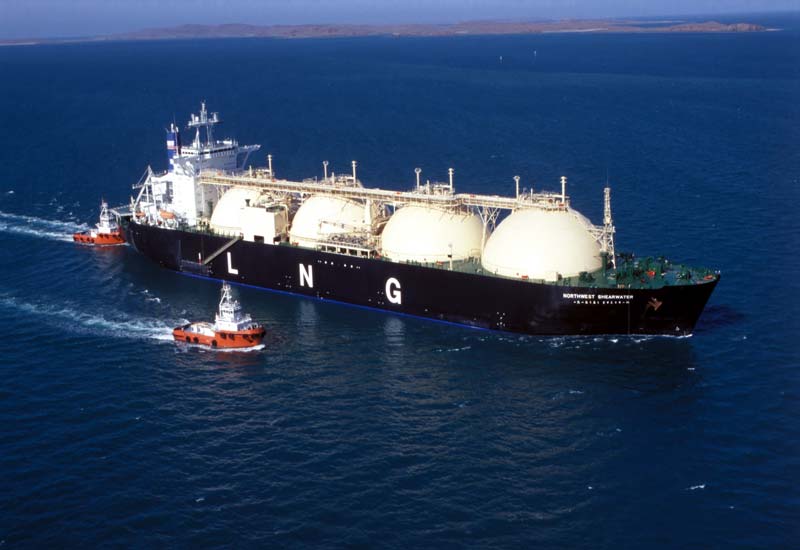- Oil, Gas Logistics Suffers Low Investment
The growth of the nation’s oil and gas logistics industry is being hampered by low investment, which is largely due to lack of a level playing field among operators, our correspondent has learnt.
According to the Managing Director, Lagos Deep Offshore Logistics base, Dr. Amy Jadesimi, the industry across West Africa is worth over $200bn.
She said, “It is a massive industry. We have to remember that most countries in West Africa are discovering oil. But Nigeria still has higher oil and gas reserves than any other country in the region. So, if you are looking at the country that is going to spend the most for logistics, it is Nigeria.
“If you are looking at the country, therefore, that has the most to gain by being the hub and by domesticating all of its logistics-related activities in the country, it is also Nigeria. And finally, if you are looking at the country that cannot afford to continue to squeeze the market — keep the market small; that cannot afford to have foreign-controlled monopoly dominating the market and pushing indigenous players to one side, then that is also Nigeria.”
She stressed the need to lower the costs of operations and increase competition in the market.
“We can find significant cost savings if people patronise new facilities in Lagos and in other places. We have to encourage long-term private sector Nigerian investment so that we can make Nigeria an attractive investment destination. LADOL is making Nigeria an attractive investment destination, and that is very important at a time like this when people are choosing destinations in the world or in Africa to invest in,” Jadesimi said.
She said LADOL, which had been investing for 15 years and operational for 10 years, had yet to break even because “we keep investing”.
According to her, around $500m has been invested in the LADOL free zone so far.
The LADOL MD said since the passing of the Local Content Act in 2010, there had been an estimated $2bn to $4bn of investments by Nigerians building new capacity.
She, however, said, “We need a lot more; and we probably need at least $10bn of investments in the next few years. For the first time, we are seeing Nigerians being able to participate and add value to this important sector.
“We need to collaborate as Nigerians because we have a mountain to climb. We are focused right now on collaboration for LADOL to really be successful; to achieve our mission of making Nigeria the West Africa’s hub, there needs to be more LADOLs across Nigeria.
“We have to build more capacity so that when a client has a project and wants to build 50,000 tonnes, we have enough capacity within Nigeria to do that. What we need the government to do is to enforce the laws that we already have which guarantee a level playing field for investors.”
The Managing Director, Nigerian Ports Authority, Hadiza Usman, had recently promised to discourage monopoly and promote transparency in the logistics industry.
“We appreciate the need for local content development and we will push for its success in Nigeria. We will ensure enabling environment and the necessary legislation to block any form of monopoly in the logistics subsector,” she said.

 Forex2 weeks ago
Forex2 weeks ago


 Naira1 week ago
Naira1 week ago
 Naira4 weeks ago
Naira4 weeks ago
 Company News4 weeks ago
Company News4 weeks ago




 Naira1 week ago
Naira1 week ago
 Billionaire Watch1 week ago
Billionaire Watch1 week ago




 Naira3 weeks ago
Naira3 weeks ago




 Naira1 week ago
Naira1 week ago





















